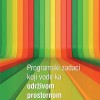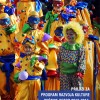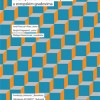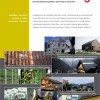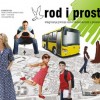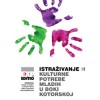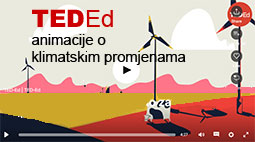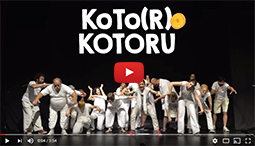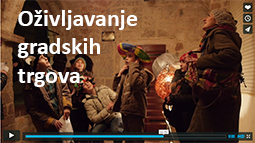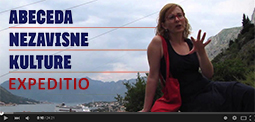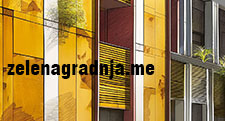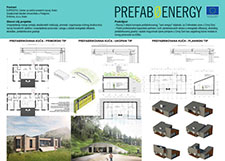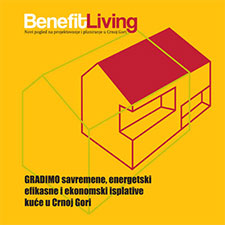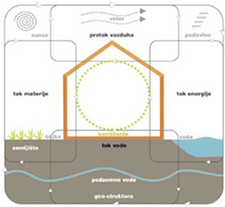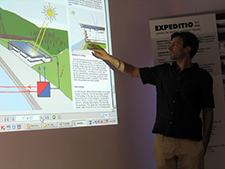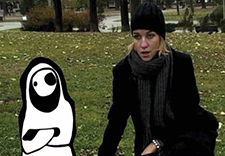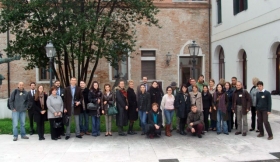
Representatives of Expeditio Tatjana Rajić and Jelena Pejković completed the course "Living Laboratories: Resilience and Sustainability of Municipalities" which took place on Isola di San Servolo, Venice, from November 26, 2012 to December 5, 2012. A total of 27 representatives of Turkey, Hungary, Poland, Albania, Croatia, Bosnia and Herzegovina, Kosovo, Macedonia, Montenegro and Serbia were invited to participate in this course.
The Living Laboratories program consisted of a series of lectures, panel discussions and workshops intended to introduce the participants to the concept of resilience – a relatively recent model of thinking about development which in a certain sense broadens the notion of sustainability. While the idea of sustainable development implies, as its aim, a state of balanced human development characterized by ultimate stability, the concept of resilience takes into account the ability of a specific community to retain its basic functions in the event of a shock – a natural disaster or a crisis caused by the lack of resources.
The first days of the program were devoted to broad global issues such as climate change, green economy and global green governance – two key topics of the outcome declaration The Future We Want of the Rio 20+ conference, as well as the Global Environmental Outlook process (GEO5) and the possibility of engaging local communities in visioning and scenariobuilding.
The rest of the program was dedicated to topics directly related to activities on the state, city and local levels. A significant block of lectures was devoted to the concept of resilience and its implied possibilities. In addition, participants had the opportunity to find out more about local experiences from Montenegro, Albania, FYR Macedonia and Serbia; environmental problems in Venice; topics related to urban sustainability such as mobility management and energy use. A separate block of lectures and workshops was dedicated to the DPSIR methodology (Driving forces, Pressures, States, Impacts, Responses) which has been used recently by the US Environmental Protection Agency (EPA) in order to enhance public participation in the Agency’s decision making processes.
Most participants presented the projects they intend to realize within the next 12 months. Expeditio representatives will take this opportunity to develop presented the idea of establishing a long-term program named Learning by Doing for Sustainable Communities, which would focus on organizing practical community workshops that promote the ideas of sustainable spatial development in Serbia and Montenegro. The first six-month phase of the project includes a permaculture workshop, and one of the long-term goals of the project is to establish a collaboration with the local Unemployment offices in order to create training programs and practical skill-building for the unemployed.
Besides attending the lectures and workshops, the Living Lab program participants also had the chance to visit the islands of Murano, Burano and Torcello in the Venice lagood, and witness glass production and lacemaking – activities that are slowly dying aout, but that used to be significant for the economy of the City. During this field trip the participants also had the opportunity to see (although from afar!) part of the construction related to the MOSE project (Modulo Sperimentale Elettromeccanico — Experimental Electromechanical Module), whose aim is to regulate the tide levels in the Venice lagoon and thus significantly reduce further damage to the city caused by flooding.
The program was concluded with two panel discussions focused on issues of higher level assistance in implementation of sustainable development policies on the local level.

The course "Living Laboratories" was offered through the Sustainable Development Academy, an educational program developed by the Regional Environmental Center for Central and Eastern Europe (REC), aimed at enhancing the capacities of key leaders in the fields of politics, public service, business, NGOs and the media in the field of sustainable development.
Written by: Jelena Pejković




 EXPEDITIO is a non-governmental organization whose mission is to encourage sustainable spatial development in Montenegro and SEE region through activity in the fields of sustainable architecture, cultural heritage, urban planning and through projects that encourage overall development of the civil society. Expeditio was established in 1997.
EXPEDITIO is a non-governmental organization whose mission is to encourage sustainable spatial development in Montenegro and SEE region through activity in the fields of sustainable architecture, cultural heritage, urban planning and through projects that encourage overall development of the civil society. Expeditio was established in 1997.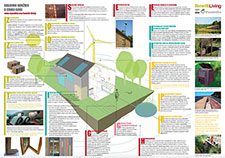
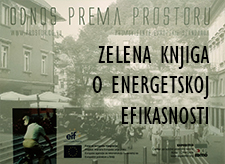
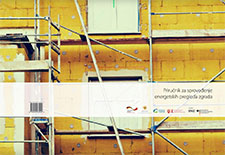
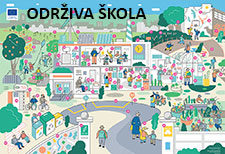

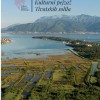
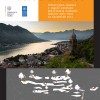

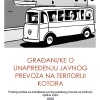
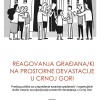
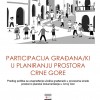
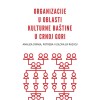
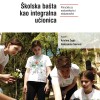

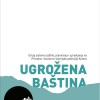
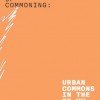
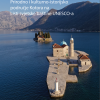
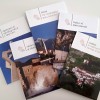
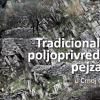
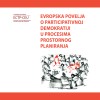
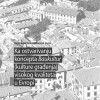
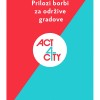
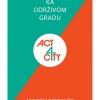
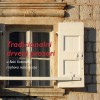
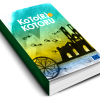
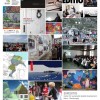
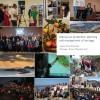



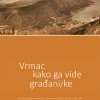

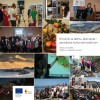

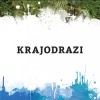
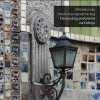


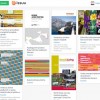
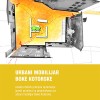
![Guidelines for the Revival of Public Spaces [Good practice selection] Guidelines for the Revival of Public Spaces [Good practice selection]](/images/resized/images/stories/expeditio/publikacije/Publikacija-Javni-prostori-naslovna_100_100.jpg)
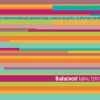
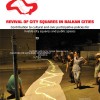
![Catalogue of Public Spaces in Boka Kotorska [selected sites] Catalogue of Public Spaces in Boka Kotorska [selected sites]](/images/resized/images/stories/expeditio/novosti_exp/javni-prostori-knjiga_100_100.jpg)


